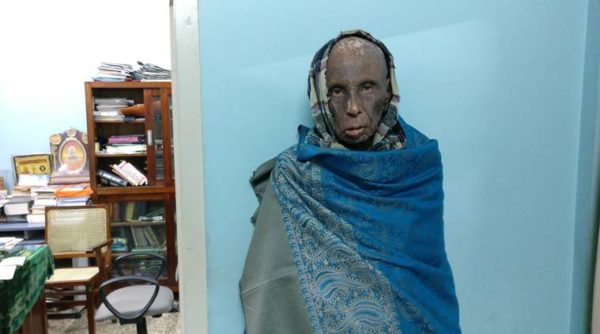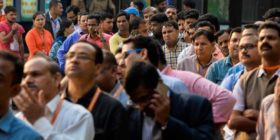It will now be called Justice K S Puttaswamy (Retd) vs Union of India. A case that will go down in Indian legal history — the landmark judgment of the Supreme Court establishing privacy as a fundamental right. For the 91-year-old Justice Puttaswamy, however, it isn’t so dramatic. “Correct and beneficial,” is his verdict.
Speaking to The Indian Express at his home in south Bengaluru, Puttaswamy, a former Karnataka high court judge, said, “I was expecting a fair-minded judgment when the arguments were on, particularly because attorney general K K Venugopal first argued that the right to privacy was not a fundamental right but then came around to the point that it was. The possibility of the court accepting the right to privacy as a fundamental right was very bright after this.”
Born in 1926, at a village near Bengaluru, Puttaswamy was a lawyer in the old Mysore high court and later a senior government advocate. He became a judge of the high court in the 1980s and was part of the Andhra Pradesh Backward Classes Commission.
In 2012, he was one of the early petitioners against the move by the then UPA government to introduce Aadhaar for access to government schemes. “During discussions with some of my friends, I realised that the Aadhaar scheme was going to be implemented without the law being discussed in Parliament. As a former judge, I felt the executive action was not right. I filed the petition because I felt that my right was affected,’’ he said.
“Many eminent lawyers like Gopal Subramanium argued on my behalf. I was not communicating with them, they went ahead with arguments on their own. I don’t want to venture too much on this subject because it is still pending in the Supreme Court,’’ he said.
According to B P Srinavas, one of Puttaswamy’s sons, a series of discussions with Rama Jois, former governor of Bihar and Jharkhand, and former Punjab and Haryana high court chief justice, helped his father decide to contest Aadhaar.
“Justice Rama Jois is a friend of my father and a colleague. It was during discussions with him that my father arrived at the decision to file the writ,” said Srinivas.
Jois was nominated to the Rajya Sabha by the BJP in 2008 but Srinavas says his father’s decision to file the petition was not influenced by the party’s stance. “My father is also a Constitutional expert and well versed with Article 21 of the Constitution,’’ he said.
According to Srinivas, Puttaswamy’s petition was drafted by his brother B P Mahendra, a lawyer, with the assistance of others in a small room, which was converted into an office, at a corner of their home
Puttaswamy says he “never really followed the course of his petition on a daily basis” in the Supreme Court and was not affected by the time it took to arrive at a verdict. “Delays are a part of the system. Here, the process is very slow. There is a sense that urgency is needed in the judicial system but how far this will be seen in action is not known,’’ he said




Leave a reply